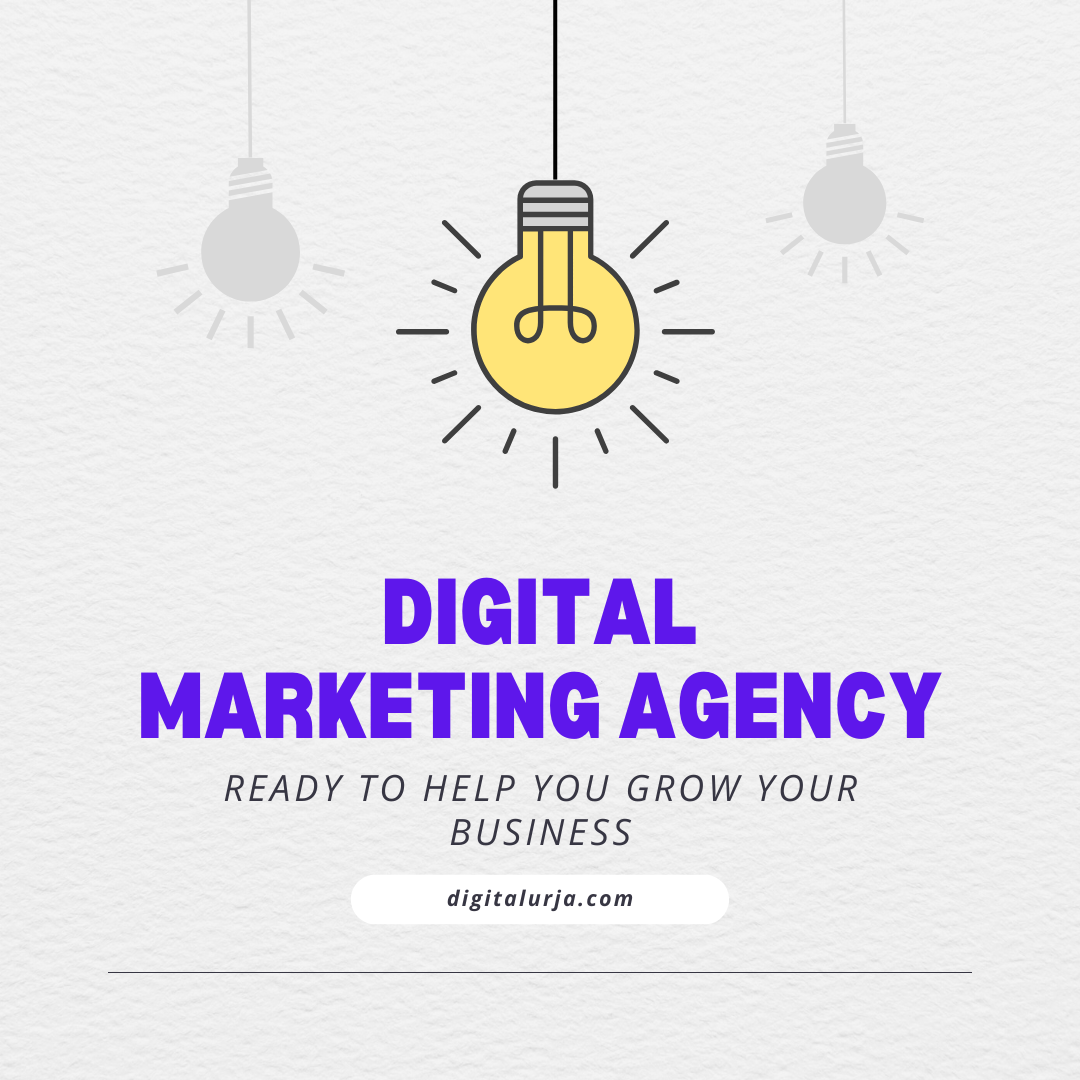Introduction
In today’s fast-paced digital world, marketing has evolved far beyond traditional methods. Digital marketing is the backbone of modern business strategies, offering a dynamic and cost-effective way to reach potential customers. But what exactly is digital marketing? Let’s dive in!
Understanding Digital Marketing
Digital marketing refers to the use of online platforms, digital channels, and electronic devices to promote products, services, or brands. Unlike traditional marketing, which relies on print ads, TV, and radio, digital marketing utilizes the internet to connect businesses with their audiences.
Key Components of Digital Marketing
Digital marketing is a broad field that includes several strategies and techniques. Here are the most important components:
1. Search Engine Optimization (SEO)
SEO is the practice of optimizing websites to rank higher on search engine results pages (SERPs). It involves:
- Keyword research
- On-page SEO (meta tags, content optimization)
- Off-page SEO (backlinks, social signals)
- Technical SEO (site speed, mobile-friendliness)
2. Content Marketing
Content marketing focuses on creating and sharing valuable content to attract and engage an audience. Common content types include:
- Blog posts
- Infographics
- Videos
- E-books
3. Social Media Marketing (SMM)
Social media marketing leverages platforms like Facebook, Instagram, Twitter, LinkedIn, and TikTok to build brand awareness and interact with customers.
4. Pay-Per-Click Advertising (PPC)
PPC is a paid advertising model where businesses pay for each click on their ad. Popular platforms include:
- Google Ads
- Facebook Ads
- LinkedIn Ads
5. Email Marketing
Email marketing involves sending personalized messages to a targeted audience. Effective strategies include:
- Newsletters
- Promotional offers
- Automated email sequences
6. Affiliate Marketing
Affiliate marketing allows businesses to collaborate with influencers and publishers who promote products and earn commissions for sales.
7. Influencer Marketing
Brands partner with social media influencers to promote their products, leveraging their large follower base.
8. Mobile Marketing
With the rise of smartphones, mobile marketing has gained importance. It includes:
- SMS marketing
- Mobile-friendly websites
- App-based marketing
9. Video Marketing
Video content has become a powerful marketing tool. Platforms like YouTube, Instagram Reels, and TikTok play a crucial role in engaging audiences.
10. Marketing Automation
Marketing automation streamlines repetitive tasks using software tools. Examples include:
- Automated email campaigns
- AI-driven chatbots
Why is Digital Marketing Important?
1. Cost-Effective
Compared to traditional advertising, digital marketing is more affordable and offers a higher return on investment (ROI).
2. Global Reach
Businesses can target audiences worldwide, breaking geographical barriers.
3. Targeted Advertising
With tools like Google Analytics and Facebook Ads Manager, marketers can target specific demographics, behaviors, and interests.
4. Measurable Results
Digital marketing provides real-time insights, allowing businesses to analyze campaign performance and make data-driven decisions.
5. Increased Engagement
Interacting with customers through comments, likes, shares, and messages enhances customer relationships.
How to Get Started with Digital Marketing
1. Define Your Goals
Determine whether you want to increase brand awareness, generate leads, or drive sales.
2. Identify Your Target Audience
Understand your audience’s needs, preferences, and online behavior.
3. Choose the Right Channels
Select the best digital marketing strategies that align with your business objectives.
4. Create High-Quality Content
Engaging content is key to attracting and retaining customers.
5. Monitor and Optimize
Use analytics tools to track performance and improve strategies continuously.
Conclusion
Digital marketing is an essential tool for businesses in the modern era. With its various strategies and techniques, it offers countless opportunities to grow and succeed. Whether you’re a small business owner or a large corporation, leveraging digital marketing can help you reach the right audience, increase sales, and build lasting relationships with customers.
Frequently Asked Questions (FAQs)
1. What are the main types of digital marketing?
The main types include SEO, content marketing, social media marketing, PPC, email marketing, affiliate marketing, influencer marketing, and video marketing.
2. How can I start digital marketing for my business?
Start by defining your goals, identifying your target audience, selecting the right platforms, creating engaging content, and analyzing performance metrics.
3. What is the best digital marketing strategy?
The best strategy depends on your business goals, target audience, and industry. However, a combination of SEO, content marketing, and social media marketing usually works well.
4. How long does it take to see results in digital marketing?
Results vary depending on the strategy. SEO can take months, while PPC and social media ads can yield quicker results.
5. Is digital marketing suitable for small businesses?
Absolutely! Digital marketing provides cost-effective ways for small businesses to reach a larger audience and compete with bigger brands.
Please don’t forget to leave a review.
